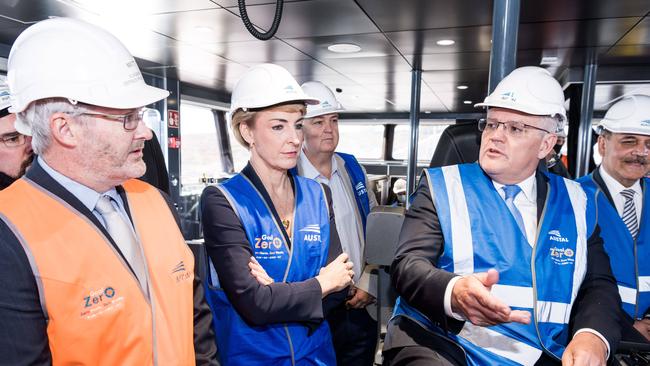
Since John Howard not only lost government but his seat in 2007 in part due to public opposition to his industrial relations regime, the Coalition has confined its workplace policy pitch at election time to kicking and weakening unions, not advocating policies that risk being recognised as promoting wage cuts and sponsoring labour cost reductions.
But last Saturday, Scott Morrison decided to declare his government would resurrect the industrial relations proposals it was forced to drop last year, including changes to the Fair Work Act’s better off overall test (BOOT).
Cue unsurprising attacks by Labor and the ACTU, and Morrison facing questions from reporters on the campaign trail about the policy. Ahead of the first debate between Morrison and Anthony Albanese, Industrial Relations Minister Michaelia Cash released a statement, ruling out the BOOT changes in a bid to negate the claim the Coalition would cut the pay and conditions of workers if re-elected.
It was quite an own goal. Morrison is behind in the published opinion polls trying to win an election where cost-of-living pressures are a central theme.
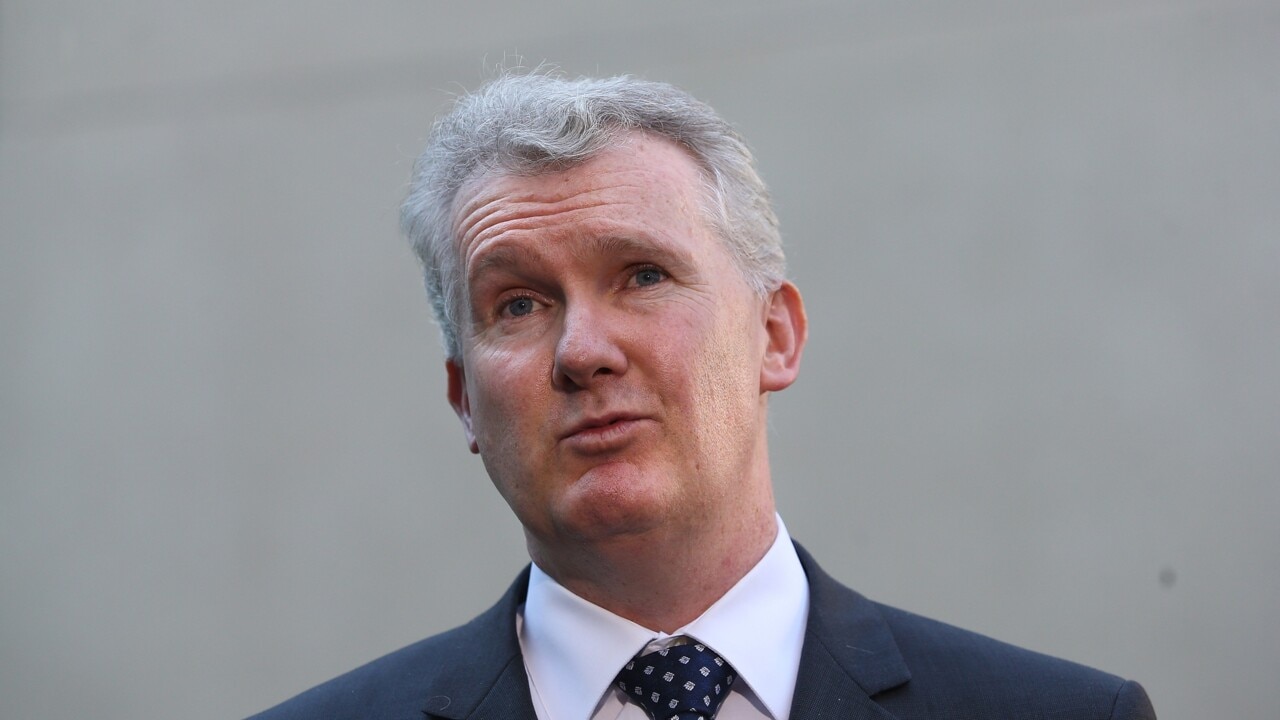
The Coalition has been in office for nine years, during which time workers have endured years of low wages growth. The government’s own pre-election budget confirms many workers will suffer a real wage cut this financial year before Treasury predicts the fastest increase in pay packets in almost a decade will start from next year – after the election. Given how many times Treasury has over-estimated wages growth in the past decade, voters are entitled to be cynical about healthy forecasts that can’t be tested before they vote on May 21.
“I know the Reserve Bank is once again forecasting that wages growth will pick up but it’s been doing this since 2013 and it’s wrong every single year without fail,” says University of Adelaide law professor Andrew Stewart, a prominent workplace law expert.
“There are still economists in the Treasury and the RBA who just cling to the view that labour markets work the way they are supposed to, according to neoclassical economics, and the real world just keeps proving them wrong.”
The pleasure felt by employer lobbyists at Morrison’s revival of the industrial relations bill soon turned to dismay when Cash ditched the BOOT changes.
Employers say the strict application of the BOOT, designed to ensure each worker on a proposed agreement is better off than under the relevant award, has discouraged enterprise bargaining.
Jim Stanford, director of the Australia Institute’s Centre for Future Work, says “the collective bargaining system in Australia is in a crisis”.
“In the private sector, it’s only about 11 per cent of workers who are covered by enterprise agreements that are current rather than expired,” he says.
“There are a lot more covered by expired agreements but you don’t get a wage increase from an expired agreement.”
Andrew McKellar, chief executive of the Australian Chamber of Commerce and Industry, says “one of the most fundamental issues that we’ve got at the moment is that enterprise bargaining is withering on the vine and needs to be revitalised – and one of the critical elements of that is the operation of the BOOT”.
“I would be urging the government not to paint itself into a corner on this,” he says.
“The PM’s position going back to Saturday was the right position. Put it back on the table and really see what you can achieve with the new parliament.”
But Coalition figures are adamant the BOOT changes are again buried, leaving just the remaining gutted elements of the industrial relations omnibus bill including provisions on wage theft, award simplification and longer greenfields agreements to cover the life-of-construction for new projects.
Will the Coalition’s changes or Labor’s workplace policy proposals – which include a commitment to fund pay rises for aged-care workers and a guarantee that labour hire workers doing the same job as direct employees are entitled to the same pay – help generate wages growth?
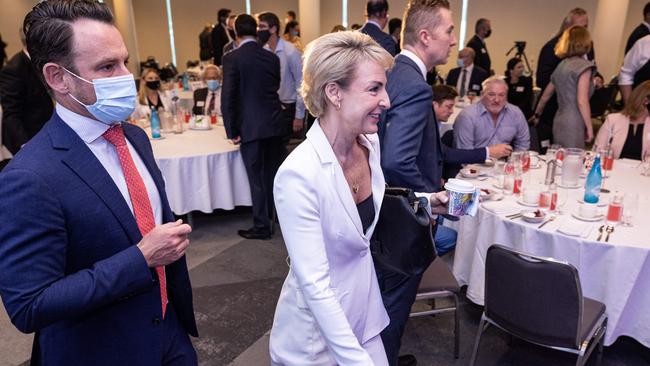
Aside from the wage theft provisions, which the Coalition could have passed last year but dropped after Senate crossbencher Stirling Griff used his deciding vote to oppose key elements of the bill, the Coalition’s proposals are designed to reduce employer labour costs rather than drive up wages.
The greenfields provisions, which Morrison has committed to bringing on as stand-alone legislation, seek to impose limits on the capacity of unions to extract big pay rises on new projects.
The Coalition is proposing six-year agreements that would apply to projects of $500m or more, with workers guaranteed yearly pay rises in line with the annual minimum wage review.
ACTU secretary Sally McManus says linking pay rises for thousands of construction workers to the national minimum wage represents a pay cut for huge numbers of workers. Unions say the national minimum wage has increased by an average 2.71 per cent a year since 2015, while greenfields agreements delivered an average 3.1 per cent in annual pay rises over the same period.
“The mining and construction companies that run these projects are some of the most profitable companies operating in Australia,” McManus says. “The Prime Minister is once again proposing to cut the wages of working people while protecting the profits of big businesses.”
Business Council chief executive Jennifer Westacott says the six-year agreements for greenfields projects would deliver more certainty on pay and conditions, make investment in major projects more attractive, and give workers a wage rise every year.
Stewart says the greenfields changes will “in theory” result in pay cuts. “You would normally expect a union-negotiated greenfields agreement to be producing increases which are at, or above, the going rate in the relevant sector,” he says.
“If unions negotiated a six-year agreement, you would expect them to want a wage premium for that. But given the legislation allows for unilateral agreements to be approved by the commission, and to be approved with wage increases simply in line with the national minimum wage which is normally below a negotiated rate expected in resources, there is a mechanism there that could produce wage cuts.”
He says he expects employer groups will push the Coalition, if re-elected, to make changes to awards that reduce their labour costs. “I’m not saying this is necessarily where the Coalition is going to go, but I think there is no doubt this is where employer lobbying is going to go,” he says.
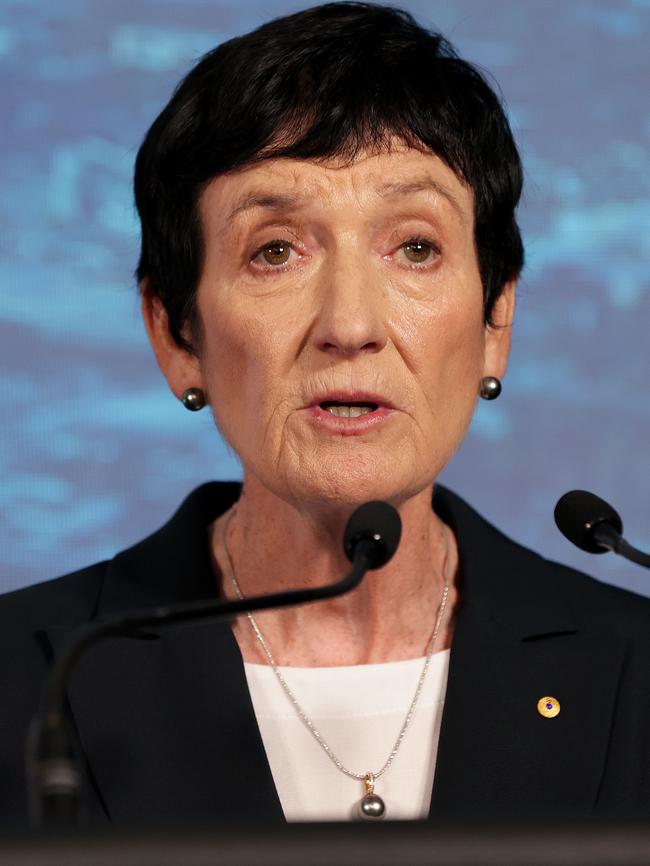
“If any changes to the BOOT are closed off, then it seems to me that leaves changes to the award system to make enterprise bargaining less necessary or to achieve the ‘flexibilities’ – ie, reductions in labour costs.”
McKellar says employers are interested in pursuing award changes but are keen to try to revive the changes to the enterprise bargaining system.
“I think we want a more ambitious agenda (from the Coalition),” he says. “Award flexibility is improving the operation of the award system, further simplifying that. Great. That’s certainly something that can be useful but the most fundamental thing is clearly re-energising the enterprise bargaining system.”
McManus says “there are a whole lot of actions any government could take to support wage increases, but Scott Morrison chooses to take none of them”.
“He could support claims in the annual wage review which would lift wages for a quarter of all workers. He could support other pay cases, like the one being run for aged-care workers. He could change the law so workers have greater job security to improve their bargaining power. And he could grant real pay rises to his own workforce, one of the largest in the country,” she says.
Tim Kennedy, national secretary of the United Workers Union, says Labor’s policies could encourage wages growth through the aged care and labour hire commitments, but he wants more fundamental change to the bargaining system.
“The system has been designed to emasculate us and it’s working very well and efficiently, that’s why there is no change from the Liberal Nationals,” he says.
“They essentially made certain that employers can resist workers organising into unions; then when workers do organise into unions, they can effectively resist them by just not collective bargaining. And so it’s only highly organised unions who are able to get workers to a point to be able to force the employer to meet and agree that are doing it. And that’s too small a part of the economy.
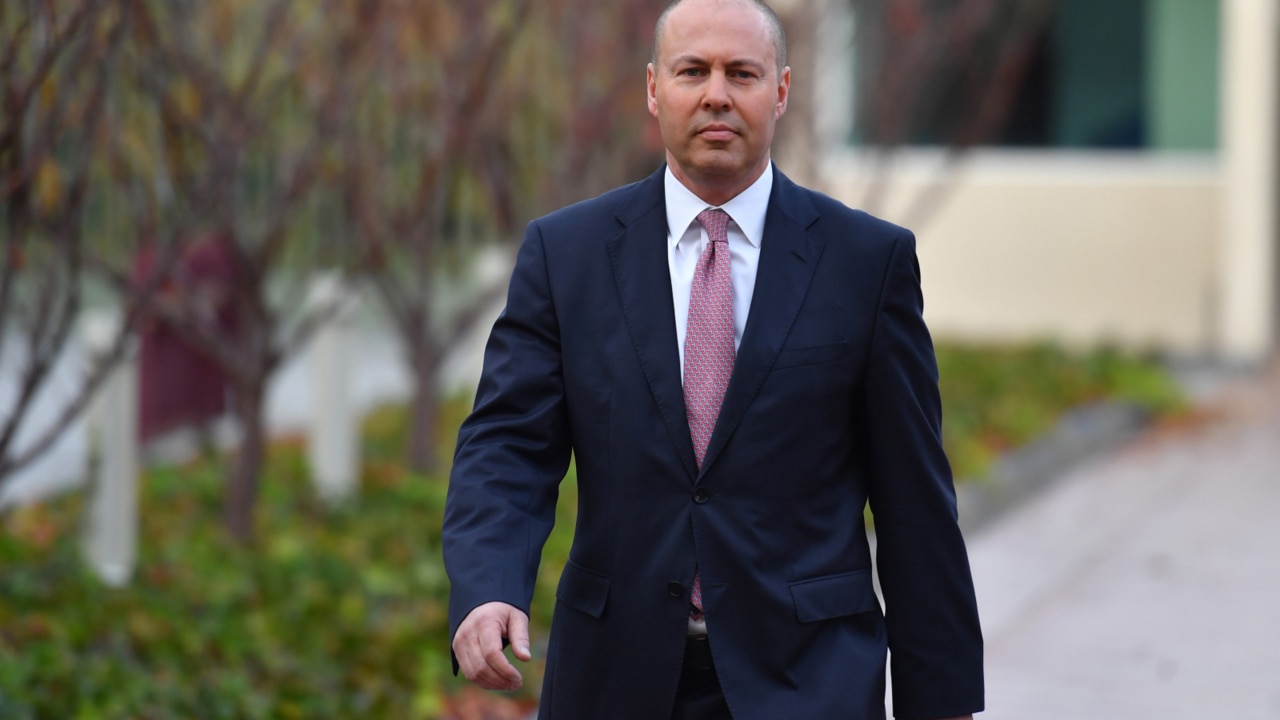
“Labor should immediately look at what is holding back meaningful collective bargaining from happening, and put in reforms that mean workers can collectively bargain effectively again. If they don’t do that then wages won’t move to the extent they need to.”
McKellar says: “We absolutely have to give reform another crack. There are things there that I think can be revisited. There are risks in some of the policy prescriptions that have been put forward, particularly on the Labor side in terms of this narrative around so-called insecure work,” he says.
“Business doesn’t accept that narrative and we won’t just lie down on that. But I do think there is scope, with goodwill, to revisit some important reforms depending on the shape of the next parliament.
“So there is a lot riding on this election, and I think from a business point of view we just wouldn’t want to write off the prospect that we can have a meaningful reform agenda in the next term.”


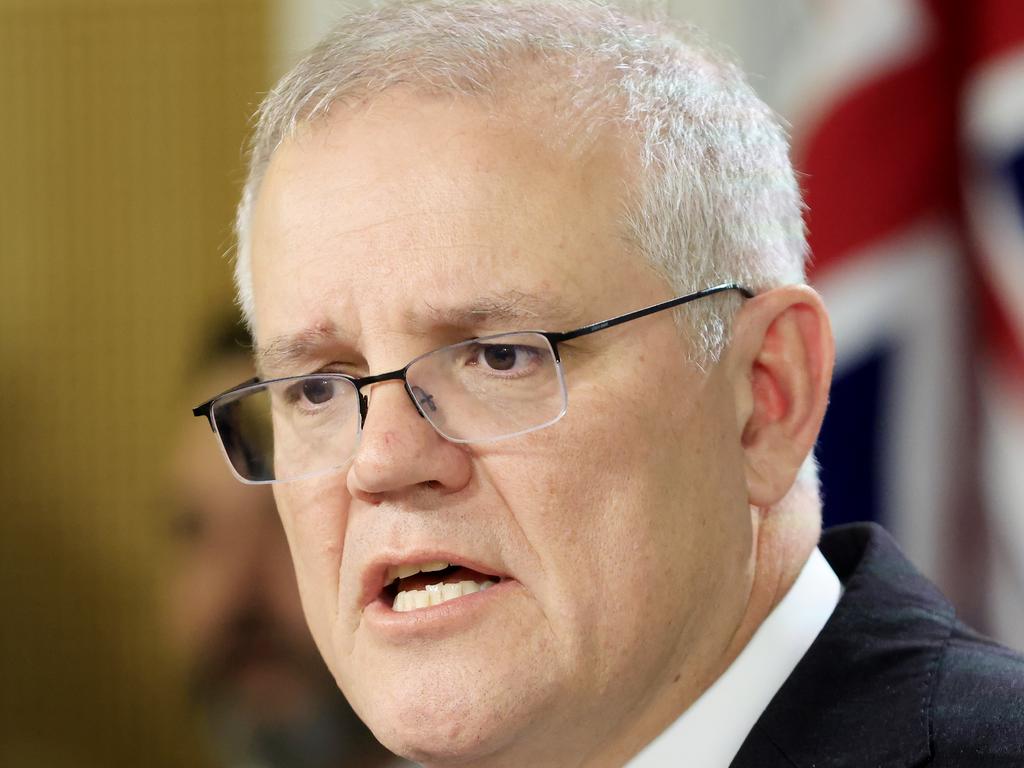
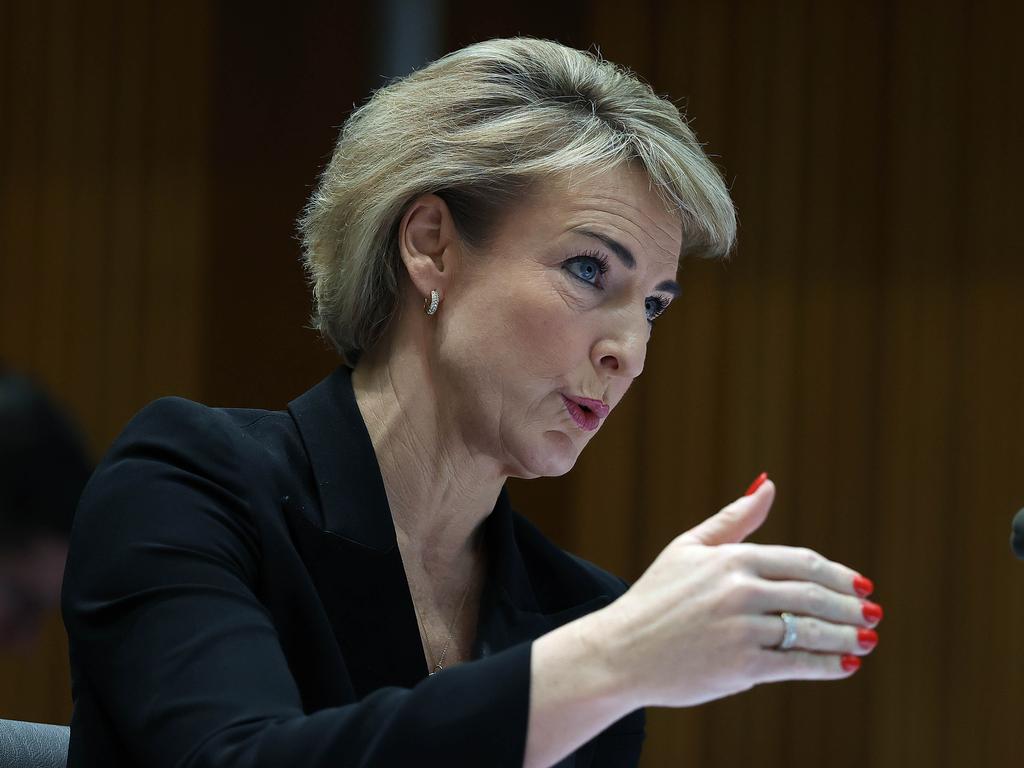

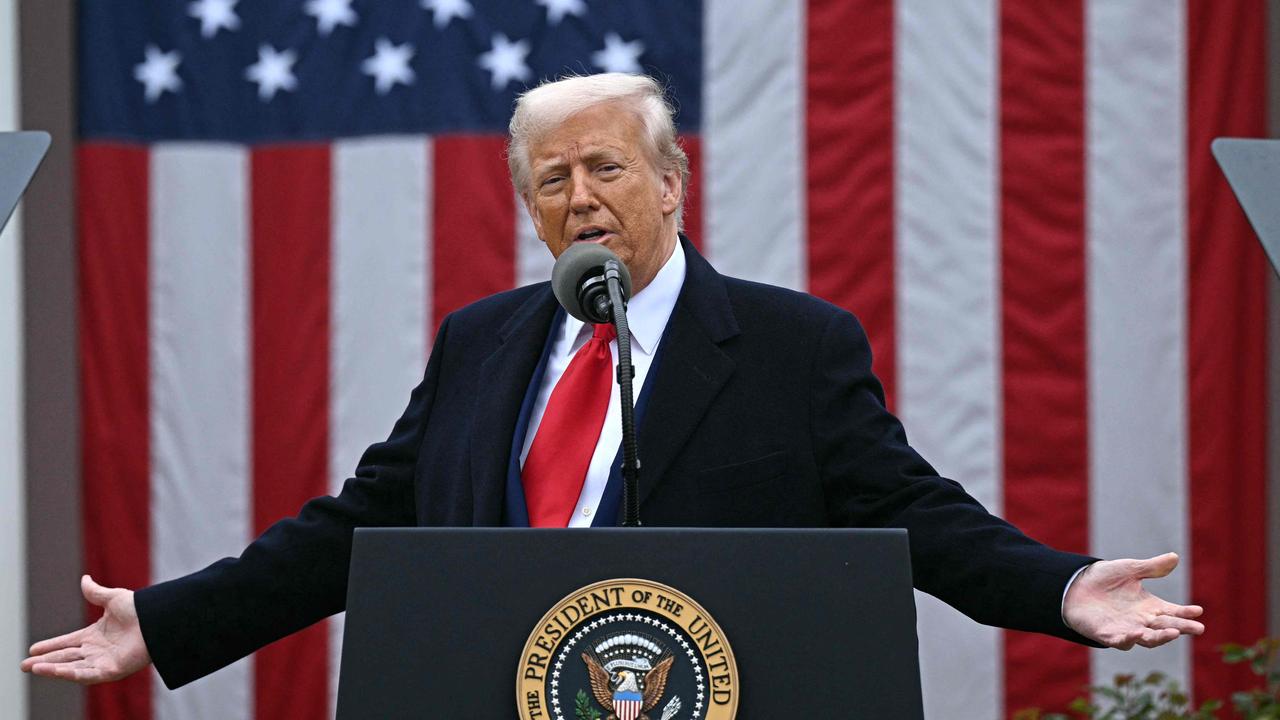
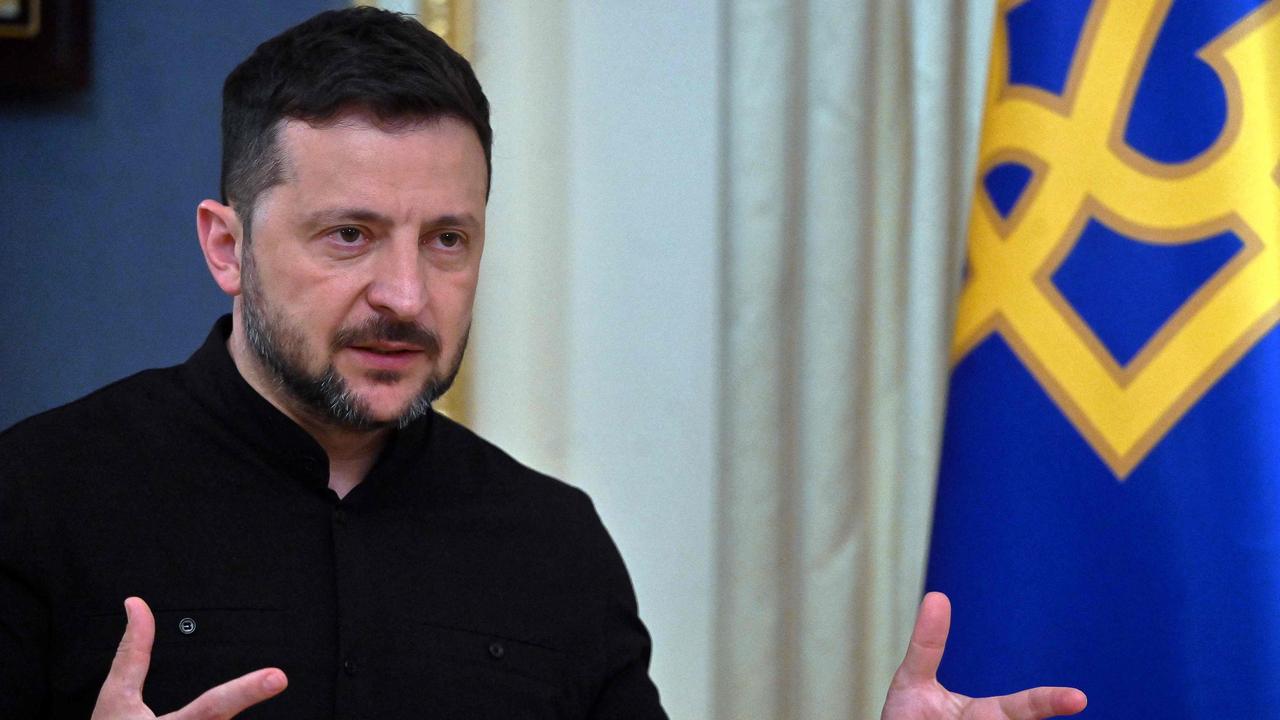
Four days. That’s how long it took the Coalition to revive then junk a key element of its industrial relations policy, reflecting not just dazzling political ineptitude but its vulnerability whenever it seeks, post Work Choices, to promote changes to the pay and conditions of workers.